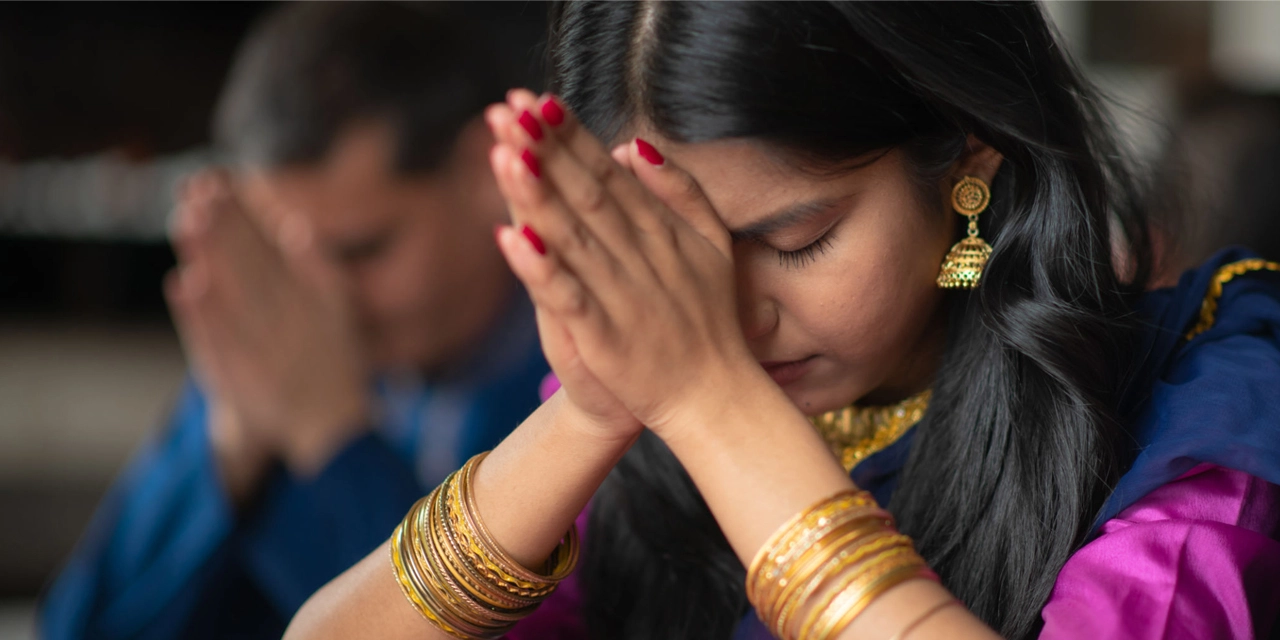This word gets thrown around a lot, we often hear people saying – practice gratitude, be grateful but what do we really understand by it? Is it just a fancy phrase that has gained traction, especially during this pandemic? Or is there more to it?
This word gets thrown around a lot, we often hear people saying – practice gratitude, be grateful but what do we really understand by it? Is it just a fancy phrase that has gained traction, especially during this pandemic? Or is there more to it?
Well, to give a little bit of context – the word Gratitude is derived from the Latin word gratia, which means grace, graciousness, or gratefulness. It is the quality of being thankful and a tendency to show appreciation for what you have. The experience of gratitude has historically been a focus of several world religions. It has also been a topic of interest to a number of philosophers.
Why is gratitude good for you?
Gratitude plays an important role when it comes to understanding the science of well-being. Because gratitude encourages us not only to appreciate gifts but to repay them (or pay them forward), sociologists call it “the moral memory of mankind.” This is how gratitude may have evolved: by strengthening bonds between members of the same species who mutually helped each other out. Isn’t that just beautiful?
*Can gratitude improve our mental health? *
Many studies over the past decade have found that people who consciously count their blessings tend to be happier and less depressed. The thing is that most of these studies have been done on well-functioning people but is gratitude a helpful tool when it comes to those of us struggling with our mental health? The answer is a Big Yes.
Let’s talk about anxiety for a minute. In the book ‘Grateful Brain’, author Alex Korb said that our brain is conditioned to function in a repeated way. For example, a person who worries too much about adverse outcomes will subconsciously re-wire his brain to process negative information only. Korb has mentioned that our mind cannot focus on positive and negative information at the same time. By consciously practicing gratitude, we can train the brain to focus on positive emotions and thoughts, thus reducing anxiety.
How to practice Gratitude?
There are so many ways to give thanks for what you have:
1) Make a list of 5 things that you are grateful for when you wake up in the morning – This is a small practice and won’t take more than 5 minutes but it will definitely help you unlearn negative behaviours and become more grateful and invariably more positive.
2) Pay someone a (virtual) gratitude visit – Alright, so here’s how this works:
Step 1 – Think of someone you’re thankful for and who has positively changed your life but hasn’t been properly thanked. This could be a friend, a family member, a colleague or even your boss!
Step 2 – Now take a page and write about this person. Write specifically how they helped you, encouraged you, believed in you, what you admire about them and why whatever they did meant so much to you at that time of your life. Don’t forget to thank them for all that they have done for you in the end.
Step 3 – Since it is difficult to visit each other personally during this time, arrange a surprise audio/video call and read the letter aloud to them. Imagine the joy on their face when they hear those words! Totally worth it.
3) Stop comparing yourself to others – Sometimes, comparisons can be helpful. They can give you a blueprint for improvement and inspire you to change. Other times, they can be a means to pick yourself apart and see everything that you think is wrong with yourself. Don’t let this get to you. The only person you need to compare yourself with is YOU. Be your own best friend – give yourself thanks from time to time.
4) Find gratitude in your challenges – It’s easy to feel grateful when all is going well in your life but it’s much harder to feel the same emotions in a stressful situation. But taking the time to find gratitude and optimism during your difficult times can make managing them easier.
5) Spend time with loved ones – One of the benefits of being surrounded by people you love is improved mental health. Interpersonal communication reduces the risk of mental illness, such as depression and anxiety, according to Psychology Today. Also, it makes you appreciate the people in your life and boosts happiness.
6) Volunteer – For many people, the key to having more gratitude is to give back to others in their local community. Trust me, it will make you more grateful for the things that you may take for granted. Infact studies have shown that volunteering for the purpose of helping others increases our own well-being, and thus our ability to have more gratitude.
7) Appreciate everything – Gratitude doesn’t have to be saved for the “big” things in life. The habit of being grateful starts with appreciating even the smallest of things. Even if it is as simple as appreciating the sky or a simple home cooked meal, don’t leave anything out when practicing your gratitude.



